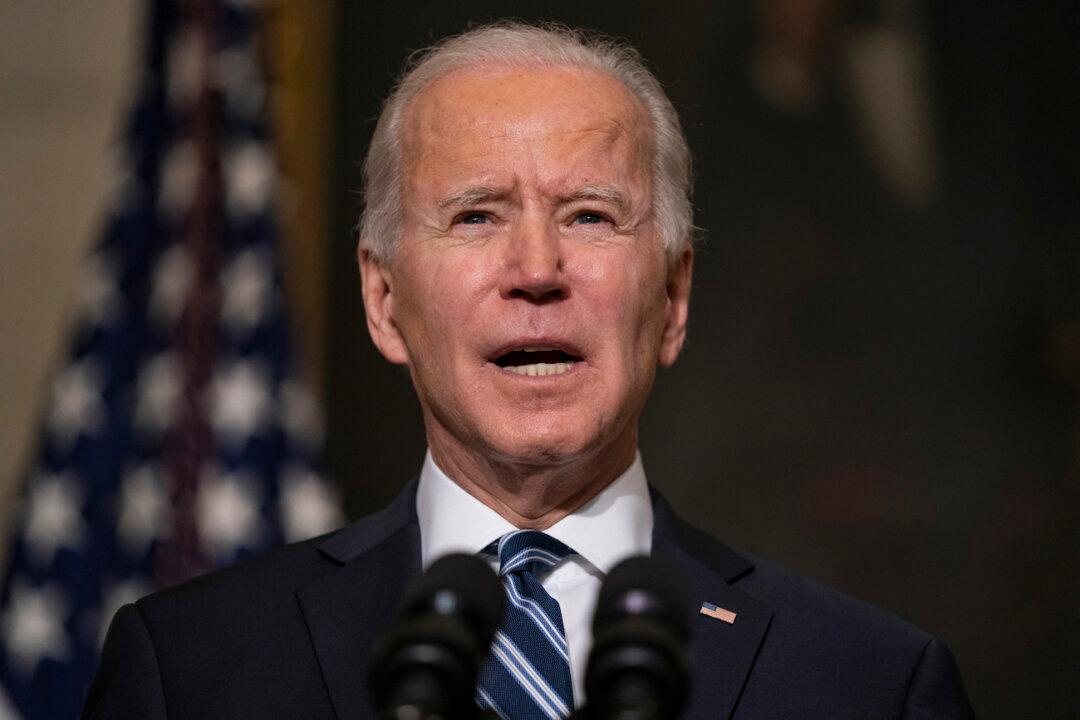President Joe Biden says he’s withdrawing a package of spending cuts that were proposed by former President Donald Trump prior to leaving office.
Biden informed House Speaker Nancy Pelosi (D-Calif.) on Jan. 31 that he’s withdrawing the 73 proposed rescissions previously delivered to Congress that total $27.4 billion.




